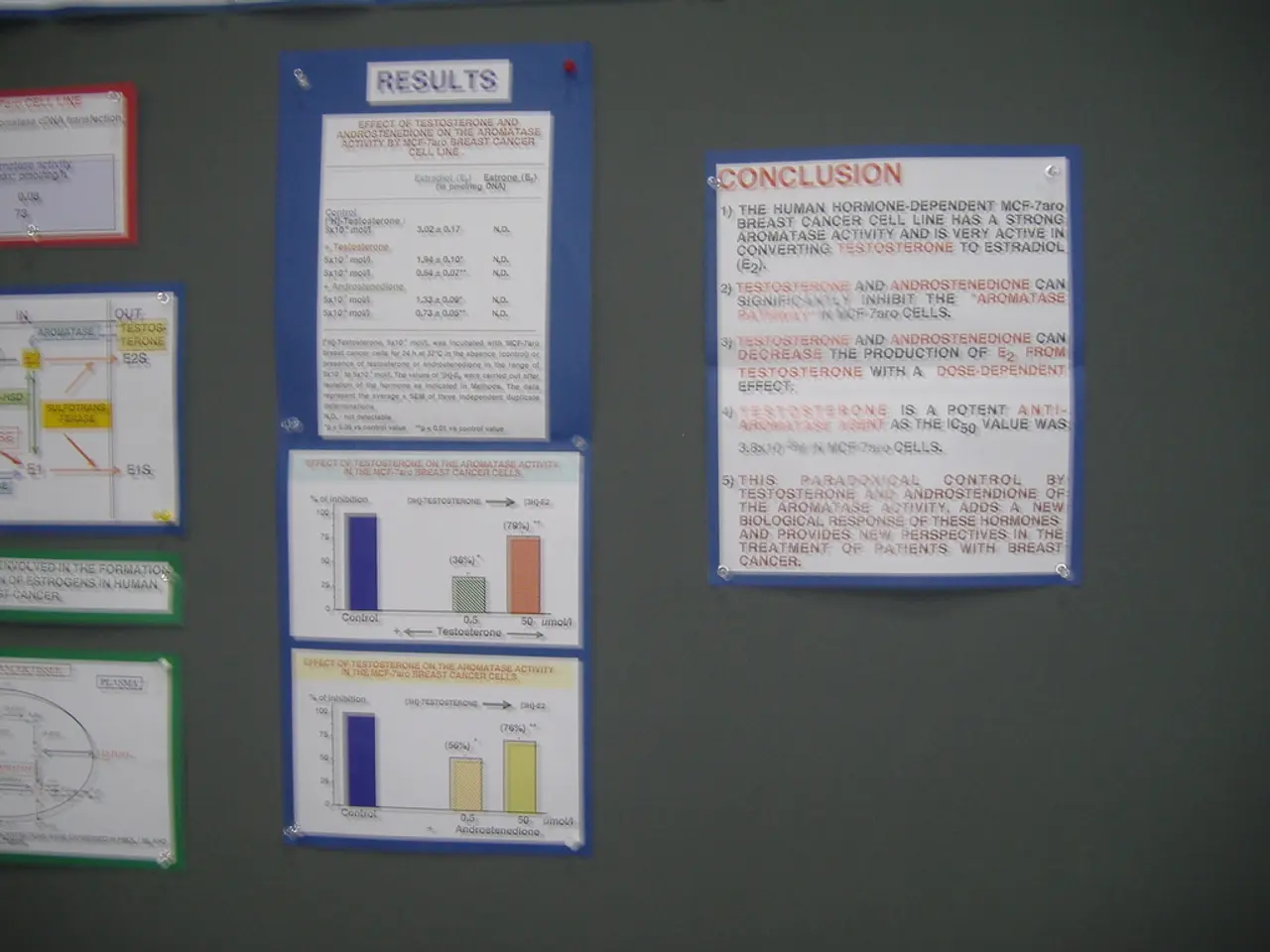Many complicated processes are influencing the passing of the significant reconciliation legislation.
In the realm of US politics, key decisions are being made that will shape the future of several significant pieces of legislation. This article provides an overview of the latest developments surrounding the reconciliation bill, the National Defense Authorization Act (NDAA), and related issues.
The Senate parliamentarian is reviewing sections of the reconciliation bill from various Senate committees to ensure they comply with all rules. The parliamentarian's rulings have significant implications for the final version and the conference process.
One of the key implications is the removal of non-budgetary provisions. Provisions such as charging federal unions for "official time," changing federal workers to "at-will" employees, and surrendering Congressional authority over government agencies have been ruled to violate the Byrd Rule. These provisions primarily deal with policy matters rather than budgetary adjustments and must be removed.
Other provisions, like the cap on Medicaid provider taxes and restrictions on Medicaid eligibility, have also been affected by the rulings. These had to be reworked or removed, limiting the scope of policy changes that could be included in the reconciliation bill.
For the bill to proceed, it must adhere strictly to budgetary changes. Any non-budgetary policy changes are subject to a 60-vote threshold if included despite the parliamentarian's rulings. However, Senate Republicans have indicated they will not overrule the parliamentarian, suggesting these provisions will indeed be omitted.
The parliamentarian's rulings will likely influence the conference committee's negotiations. The House may need to amass a broader coalition to pass a reconciled version or accept the Senate's version if it aligns with the parliamentarian's guidance. This could lead to a more streamlined version focusing on budgetary adjustments rather than broad policy changes.
Meanwhile, the National Defense Authorization Bill (NDAA) is annual legislation that is typically passed. This year, Secretary Hegseth and the chairman of the Joint Chiefs of Staff are discussing their proposal for the bill. The defense appropriations bill, however, needs more documents from the administration to move forward.
The Senate Appropriations Committee will hold a hearing this week on the Trump administration's rescissions request, which the House has already passed and sent over. Lawmakers are also concerned about the Trump administration potentially violating the Impoundment act, as the Government Accountability Office has found twice. This violation may come up in upcoming hearings.
Lastly, the DOGE subcommittee, led by Marjorie Taylor Greene, will hold a hearing about DOGE cuts and how to lock them in. Additionally, the Senate has voted on the GENIUS Act, focusing on stable coins regulation. The House has a bill that would regulate digital assets more broadly, as per the Securities and Exchange Commission and the Commodities Future Trading Commission. Acquisition reform efforts are expected to be a focus of the NDAA this year, with proposals from the House and Senate Armed Services Committees.
As these developments unfold, it's clear that the parliamentarian's rulings have set a clear path for what can be included in the reconciliation bill, focusing it more on budgetary changes rather than broader policy reforms. The outcome of the conference process will be crucial in determining the final shape of the bill. Similarly, the NDAA discussions and the Trump administration's rescissions request will shape the defense budget and other related issues.
- The federal workforce may see changes in policy-and-legislation, as non-budgetary provisions, such as altering federal workers to 'at-will' employees and surrendering Congressional authority, have been ruled out in the reconciliation bill.
- Education-and-self-development of federal employees could be a focus as the reconciliation bill, due to parliamentarian's rulings, may lean toward budgetary changes, leading to a streamlined version.
- Personal-growth opportunities might extend to mindfulness practices within the workforce, offering a means to improve productivity and job-search prospects.
- In the realm of politics, key decisions are being made regarding policy-and-legislation, like the reconciliation bill and the National Defense Authorization Act (NDAA).
- The NDAA discussions and the Trump administration's rescissions request will shape the defense budget and other related issues, influencing the general-news landscape.
- Car-accidents and crimes may continue to be significant topics in the news, as history shows a connection between war-and-conflicts and increased crime rates.
- Online-education platforms can provide lifelong-learning opportunities for the federal workforce, helping them adapt to changes brought on by policy-and-legislation.
- Goal-setting and skills-training could play a crucial role in career-development for federal employees, preparing them for potential adjustments in the federal workforce.
- Lifelong-learning opportunities offered through online-education can also extend to sports coaching, teaching techniques in football, American football, NFL, NCAAC football, and other sports.
- As policy-and-legislation evolves, it's essential to keep abreast of the latest developments, making diligence in online-education, news reading, and job-search crucial.
- Sports-betting may also be influenced by policy-and-legislation, as government's stance on gambling could impact its legality and regulation across different states.
- Learning from accidents, fires, and incidents in various industries can provide valuable lessons for the workforce, promoting a culture of safety and reducing workplace hazards.
- Political debates on crime-and-justice and other pressing issues contribute to the ongoing discourse in the US, shaping the nation's future and the role of the workforce within it.




